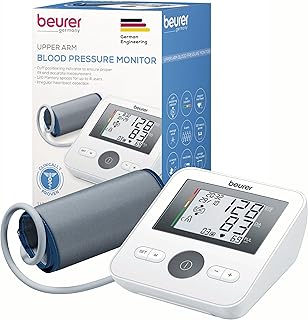Global Disease Control is a critical aspect of public health, with hypertension being a major concern affecting populations worldwide. With an estimated 1.4 billion adults aged 30-79 affected by hypertension globally, accounting for 33% of the population in this age group, it is evident that this condition is pervasive. Particularly alarming is the fact that two-thirds of adults with hypertension reside in low- and middle-income countries, highlighting the need for focused efforts in these regions to address this health issue.
Many individuals with hypertension are unaware of their condition, with approximately 600 million adults remaining undiagnosed. While about 630 million are diagnosed and receive treatment, only 320 million have their hypertension under control. This underscores the importance of increasing awareness, early detection, and effective management strategies to curb the impact of hypertension, which is a significant contributor to premature deaths globally.
Hypertension, characterized by high blood pressure levels, poses serious health risks if left untreated. Lifestyle factors such as diet, physical activity, alcohol consumption, and smoking play a crucial role in managing hypertension. It is essential for individuals to undergo regular blood pressure checks to monitor their health status and take necessary steps to control their condition.
Risk factors for hypertension include modifiable aspects like unhealthy diets, physical inactivity, tobacco and alcohol use, and obesity, as well as non-modifiable factors such as family history and age. Environmental influences like air pollution also contribute to the prevalence of hypertension and related diseases, emphasizing the need for a holistic approach to address this global health issue.
While hypertension often presents without symptoms, severe cases can lead to complications such as heart disease, stroke, and kidney damage. Managing hypertension through lifestyle modifications, medication adherence, and regular monitoring is crucial in preventing these adverse outcomes. The global target to reduce uncontrolled hypertension by 25% between 2010 and 2025 underscores the urgency of implementing effective prevention and control measures.
Efforts by organizations like the World Health Organization (WHO) to combat hypertension through guidelines, initiatives, and partnerships are instrumental in addressing this public health challenge. The Global Hearts Initiative, launched in collaboration with the United States Centers for Disease Control and Prevention (U.S. CDC), aims to enhance cardiovascular health by providing evidence-based strategies and technical support to countries worldwide.
Through standardized hypertension control programs and person-centered care models, millions of individuals have been initiated on protocol-based hypertension treatment in low- and middle-income countries. These initiatives demonstrate the feasibility and impact of structured approaches to hypertension management, highlighting the importance of coordinated efforts in global disease control.
📰 Related Articles
- Promoting Menstrual Hygiene for Girls’ Well-being: A Public Health Imperative
- Global Water, Sanitation, and Hygiene: Essential for Public Health
- Trump’s Global Peace Efforts: Successes and Challenges Revealed
- Seventy-eighth World Health Assembly Advances Global Health Cooperation
- President Trump’s Global Health Actions Reshape U.S. Priorities






